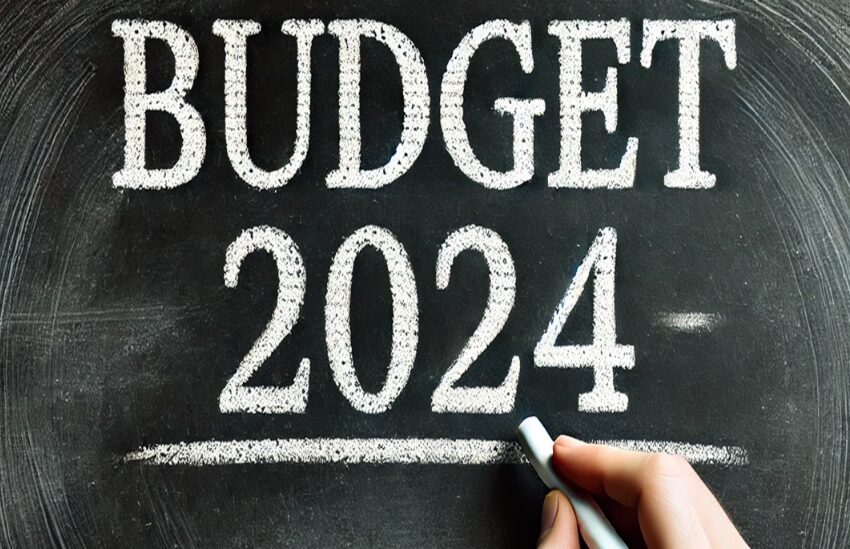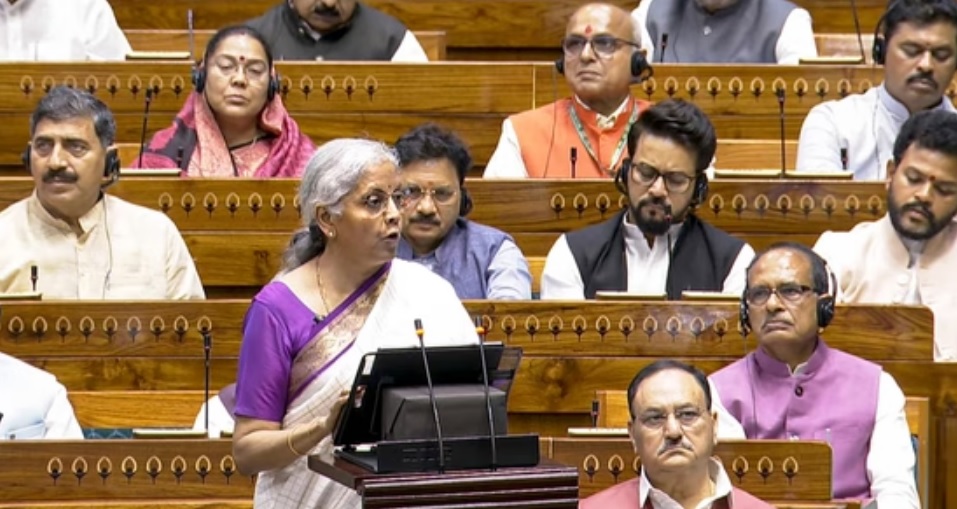
FIIs Cash Out from Equities Post-Budget 2024 Amid Capital Gains Tax Tweaks
The Budget 2024 has thrown a spanner in the works as far as foreign flows into the Indian equities are concerned. Foreign institutional investors (FIIs) who had turned aggressive buyers for the first time in calendar year 2024 (CY24) on a monthly basis, resorted to offloading positions soon after the Union Budget 2024 was presented on July 23.
The FIIs had bought shares worth Rs 25,108.69 crore (net) until July 22, 2024. However, in the next three trading sessions, they net sold shares to the tune of Rs 10,711.70 crore, shows data, thus bringing down their net monthly purchases to Rs 14,396.99 crore thus far in July.
Despite this, the net inflows in a single month this July remains at the highest since the last 13 months. So far CY24, FIIs have net sold stocks worth Rs 1.10 trillion.
The sudden reversal in their mood in July is driven by changes in the treatment of capital gains for listed, unlisted and compulsory convertible debentures (CCDs), analysts said.
“It has been a double whammy for the FIIs who not only have to cope with the capital gains tax changes, but also a higher securities transaction tax (STT) in the F&O segment and changes in the treatment of CCDs. I see it more as a knee-jerk reaction to the developments. Over the next few months, corporate earnings growth, policy stance of global central banks, geopolitics and the US presidential election will take center stage. They are likely to reassess their stance then,” said U R Bhat, co-founder & director at Alphaniti Fintech,Their change of stance as regards India, according to V K Vijayakumar, chief investment strategist, Geojit Financial Services, can put the large-caps under pressure, which in turn can pull down markets a bit from the current levels.
“FPIs have again turned sellers and this might put further pressure on large-caps even though the FPI selling is being matched by DII buying. The valuation discrepancy — large-caps fairly valued and mid-and small-caps highly valued — continues. Long-term investors should exploit this discrepancy by buying quality large-caps on dips,” suggests V K Vijayakumar, Chief investment strategist at Geojit Financial Services.
Derivatives segment

In the futures & options (F&O) segment, too, the FIIs have reduced long positions in index futures significantly. FIIs net longs stood at 62,000 contracts at the start of August series as against 319,000 long contracts at the start of July series, according to a Nuvama Alternative & Quantitative Research note.
FIIs, however, hold higher long positions in single stock futures. Their open interest in single stock futures stood at 672,000 contracts against 610,000 contracts, in the same comparable period, the note added.
The NSE data shows that FIIs index futures long-short ratio stood at around 5:1 till mid-way through the July series; implying 5 long positions in index futures for every bet on the short side.
However, this ratio at the start of August series has dropped to 1.3:1; clearly showing a lesser bullish bias. The FIIs resorted to long unwinding in the last three sessions as the ratio declined from 3.4:1 on July 22, to 1.3:1 on the expiry day. FIIs offloaded 136,000 contracts of index futures for a consideration of Rs 10,335.77 crore since Budget 2024.
The constant tinkering around rates, holding tenures, inflation indexation benefits etc., analysts said, does suggests policy unpredictability, especially in the light of the announcement that the entire Income-Tax code will be reviewed and overhauled next year.
“The increase in taxes (both on capital gains and derivatives transactions) may halt the ongoing rally in equity markets. With prices needing some cooling off to fall in line with long-term valuations, equity investors may see a period of consolidation in the second half of 2024,” said Mayank Khemka, chief investment officer for India at Deutsche Bank.FII flows slowdown post Budget 2024 on capital gains tax tweaks






